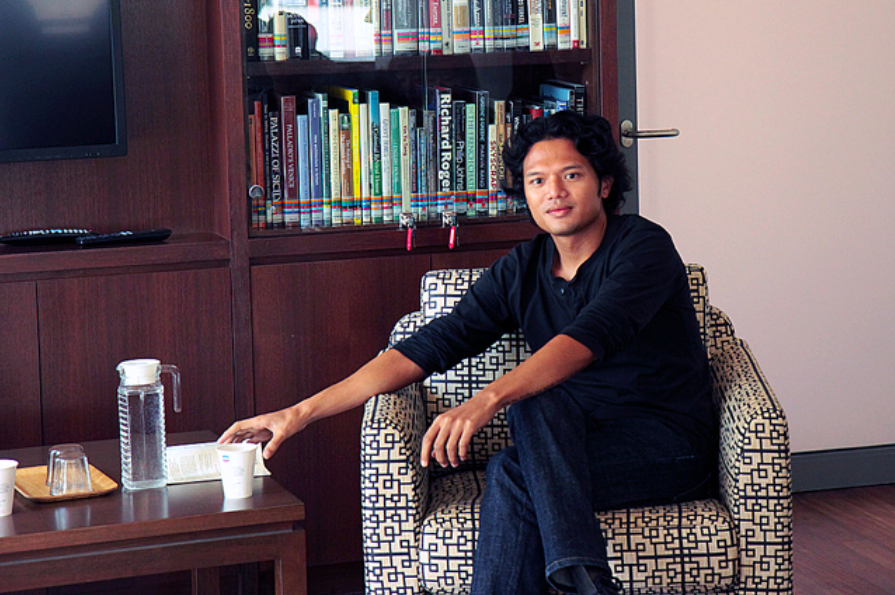Singapore—In response to the two students who said that the National University of Singapore (NUS) went against their wishes in filing a police report without their consent, the university has said that it had been their legal obligation to have lodged the report against Tembusu College professor Jeremy Fernando, who has since been fired.
In an article in The Sunday Times on Sunday (Nov 1), the two victims who alleged that the don made non-consensual sexual advances towards them said that NUS went against their wishes and did not inform them before it made a police report.
One of the victims added that she wanted the school to make clear that the two girls were not given a choice in whether NUS should file the police report. She said she asked the university to issue a public clarification.
“The trauma and anxiety this caused was immense. It escalated beyond my control without my consent… I feel like I have been robbed of my autonomy and agency,” one of the victims told ST.
“NUS and the Victim Care Unit keep making assumptions about what I want and what is beneficial for me as a survivor. Meanwhile, my attempts to communicate my needs are neglected and ignored, even after they declared that they will do better and be more active in communication,” a victim also said.
NUS responded to the issue on Wednesday (Nov 4), saying it filed a police report on Oct 21 in order to fulfill its legal obligations.
During a press conference on Oct 23, NUS said that it had reached out to inform the two students before a police report against Dr Fernando was made, but that it was only able to reach one of the victims.
In a Nov 4 statement, the university said, “This may have given the impression that we had informed one student that NUS was making a police report just before we made it.
We would like to clarify that what we had informed the student of was that NUS had a legal duty to file a police report, and would exercise this duty in accordance with NUS policy, if she chose not to do so. NUS also did not inform the student of when it would file the report.”
The straitstimes.com (ST) reported a representative of NUS as saying, ”We did not succeed in reaching the second student. Prior to this, we had also advised the two students of the option to file their own police reports, given the serious allegations that they had made about Dr Fernando. We successfully reached out to both students after the police report was filed to update them.”
The police report had been filed, she said, for the protection of the student body at large.
“In filing this report, NUS takes into consideration our obligations under the law, the need for transparency, and the need to protect the privacy and interests of all parties, including reasonable grounds for delay,” she added.
The NUS representative called filing the police report “imminent” since information regarding the matter was already public.
”NUS also owes a duty of care to its students at large to ensure campus safety, and weighed this in our decision to file a report without prior agreement of either student. If an allegation has been made, the police would be best placed to assess if an offence was committed.”
NUS had said that under Section 424 of the Criminal Procedure Code, it had a legal obligation to make a police report.
But the ST has reported lawyers as saying that whether or not the university was legally obliged to make a police report is unclear, since factors such as the choice of the victim or an evaluation from a professional to ascertain whether or not a report is in the victim’s best interest should also be considered. —/TISG
Victims of NUS sexual misconduct saga say school made police report without their consent

